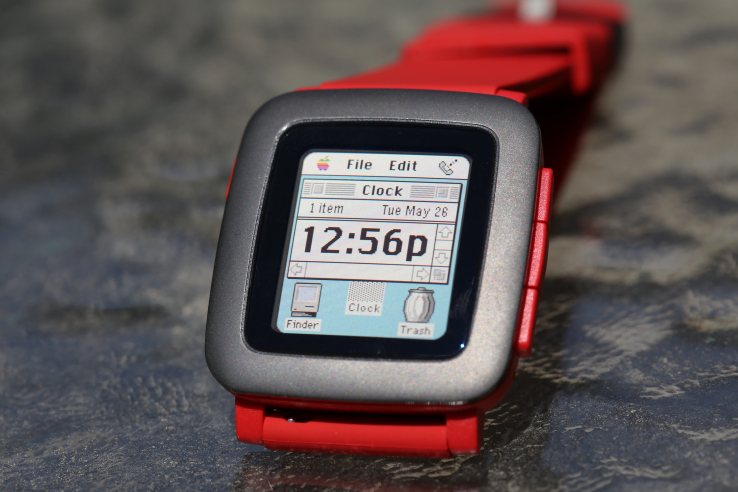

Smartwatch pioneer Pebble is laying off 25 percent of its staff amid increased financial concerns. This situation has been coming. Last year, we reported the company was in some trouble and had turned to debt funding and loans, as well as traditional investor cash, “in order to stay afloat.”
Pebble CEO Eric Migicovsky told Tech Insider of the layoffs, which TechCrunch has verified with Pebble. Migicovsky also confirmed that his company had raised $28 million in debt and venture financing over the past eight months, in addition to a second wildly successful $20 million Kickstarter campaign. He blamed a more cautious outlook from VCs focused on tech as the primary reason for letting 40 of Pebble’s 120 employees go.
“We’ve definitely been careful this year as we plan our products. We got this money, but money is pretty tight these days,” he told the publication.
Pebble’s news comes amid challenging times for wearable device companies. Fitbit was initially championed as an industry leader after a promising public listing last year, but its stock has been battered in 2016.
Part of the problem is that smartwatches haven’t set the market alight. The category was seen as heralding much potential, thanks in a large way to Pebble’s sudden arrival, but no company has created a watch that has truly wowed and won the market. Essentially they are seen as nice-to-have gadgets, which makes selling them to mainstream consumers challenging.
Apple has probably come the closest to cracking this conundrum, and it just cut the price of its own smartwatch, which now starts at $299 rather than $350, prompting some to suggest that it isn’t selling as well as hoped. However, the company has never revealed sales figures and this cut is actually a smart move that’s in line with previous Apple product pricing.
Competition is pretty fierce these days, and Pebble is rivaled by Apple, Samsung, Motorola, LG and others, but its products sit at the lower end of the scale, ranging from $50 to $299. Pebble was the first to really push the genre, bursting on the scene in 2012 via a (then-record) $10 million crowdfunding campaign on Kickstarter, but with increased numbers of competitors targeting what is still a niche consumer market, business is tough. And, crucially for Pebble, it doesn’t have a smartphone unit or other businesses to fall back on to offset the cost of running a smartwatch business. Its other rivals do.

